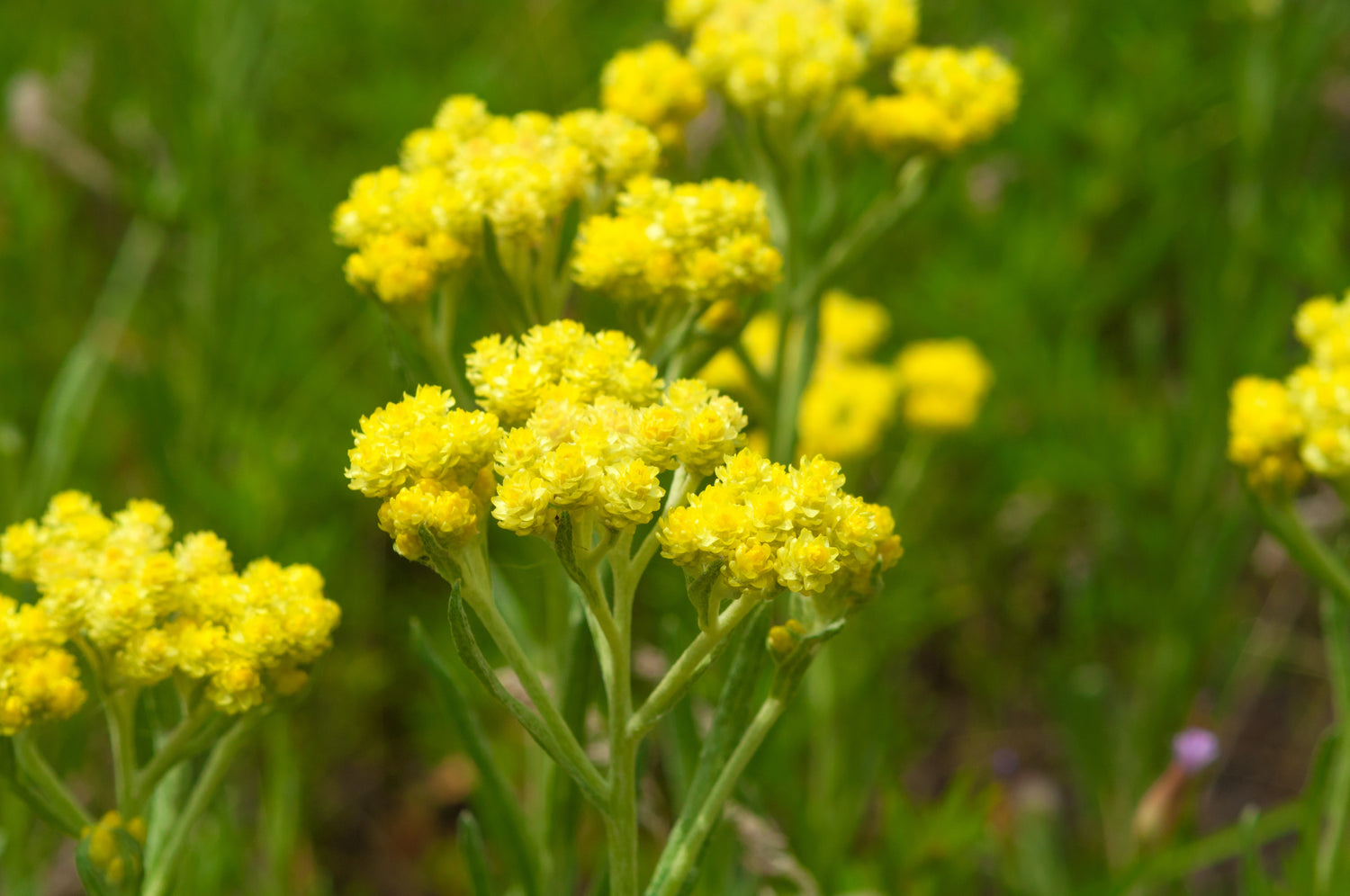Record-breaking heat waves. Droughts. Wildfires. Mega storms. Flooding. These climate extremes are no longer taking place in some remote area of our planet, thousands of miles away from where we live, but occur, increasingly, closer and closer to us.
Climate change is one of the biggest challenges of our times, and can feel such a daunting task to tackle. We are talking about our entire planet, after all. But no matter how overwhelmed we feel, this is not the time to pull an “ostrich,” and stick our heads in the sand, rather than face the clear and present danger to ourselves and our children.
Instead, what we can do, is go organic. We know it’s possible, and highly effective, because we at ATHONITES already are committed to organic farming. We just have to rise to the challenge, and make a concerted effort. Together, we can not only halt climate change, but, in time, also reverse it.
Five tips for going organic in our everyday lives
Adopting an organic lifestyle involves embracing daily practices that promote a more environmentally friendly way of living. Many people still think that organic living is limited to food. But that's not the case. An organic lifestyle is a holistic way of living–surprisingly easy and effective.
1. Choose organic foods and reduce food waste
Organic produce and food is devoid of pesticides, chemicals, and genetically modified organisms (GMOs). Prioritize organic fruits, vegetables, grains, and dairy products is a healthy choice not only for us, but for the environment as well. Similarly, planning meals, storing food properly, and repurposing leftovers helps minimize food waste.
2. Switch to natural cleaning solutions
Vinegar, baking soda and essential oils are natural cleaning solutions, that are not only very effective, but also help minimize our exposure to harsh chemicals that can be detrimental to both our health and our environment.
3. Reduce single-use plastics
Changing to reusable alternatives, such as water bottles, snack containers, andcotton bags for our groceries, can minimize our dependence on single-use plastics that often are not recycled, but end up in landfills. Doing so, we can drastically cut down on waste and lessen our environmental footprint.
4. Conserve energy and water
Simple daily habits like turning off electronics when not in use and taking advantage of natural lighting can significantly contribute to energy conservation. Similarly, reducing water consumption, by taking shorter showers, or shutting off the water flow while soaping-up or shampooing, can save water for a more sustainable future.
5. Embrace organic personal care products
Opting for organic beauty and personal care items is an act of kindness toward ourselves as well as the environment. All our ATHONITES SKIN LINE, ATHONITES WELLNESS LINE, and ATHONITES ORGANIC HERBAL BLENDS products are organically grown and contain no harmful genetically modified materials, making them completely safe to use, and eco-friendly.
Our ATHONITES organic practices
Organic farming is strictly regulated in Greece. But we don’t just rely on regulations to ensure that all our ingredients comply to the rules and regulations. When it comes to our organic cultivations, we follow three guiding principles:
The principle of health
We are committed to protecting and enhancing the good health of all beings, from people down to the smallest microorganisms, on the lands we cultivate.
The principle of ecology
We are committed to protecting the extraordinary ecosystem of Mount Athos, respecting its unique microclimate, and preserving its rich biodiversity.
The principle of fairness
We are committed to providing socially and ecologically appropriate management over all natural resources, like land, water, and air, and all parties, from workers, to distributors, and consumers.
Our ATHONITES farming and harvesting protocols
Organic farming goes beyond simply avoiding conventional chemical inputs. It is a method that emphasizes preventative measures that reduce the need for external inputs to the cultivations and ensure the highest quality of crops. Our practices include:
● a drip irrigation system to ensure the most efficient water and nutrient delivery system for our crops, delivering water and nutrients directly to the plants’ roots zone, in the right amounts, at the right time
● use of water from Mount Athos’s natural springs
● minimum tillage to reduce damage to soil structure, keep nutrients and more organic matter in the soil, and reduce harm to earthworms and other living microorganisms that help improve the soil’s fertility
● use of all crop residues as natural fertilizers
● good hygiene along the entire production process, from cultivation through harvesting
● manual harvesting, according to the different herbs’ life cycle, in order to prevent plant damage, promote continued growth, and achieve high quality end products
● use of airy baskets to prevent condensation and heating up of the harvest products
● strict quality controls along all farming and harvesting stages
Our ATHONITES tradition
From sowing to harvesting, our organic practices for the cultivation of herbs and plants are rooted in the centuries’ old farming traditions of the monks of Mount Athos, who still live and work on this pristine land. Our expert pharmacists, agronomists, and chemists fuse traditional practices with modern science, to preserve a 1200-year-old ecosystem, and create skin care and wellness products that are truly unique and exceptionally effective.
Going organic is in our nature.






